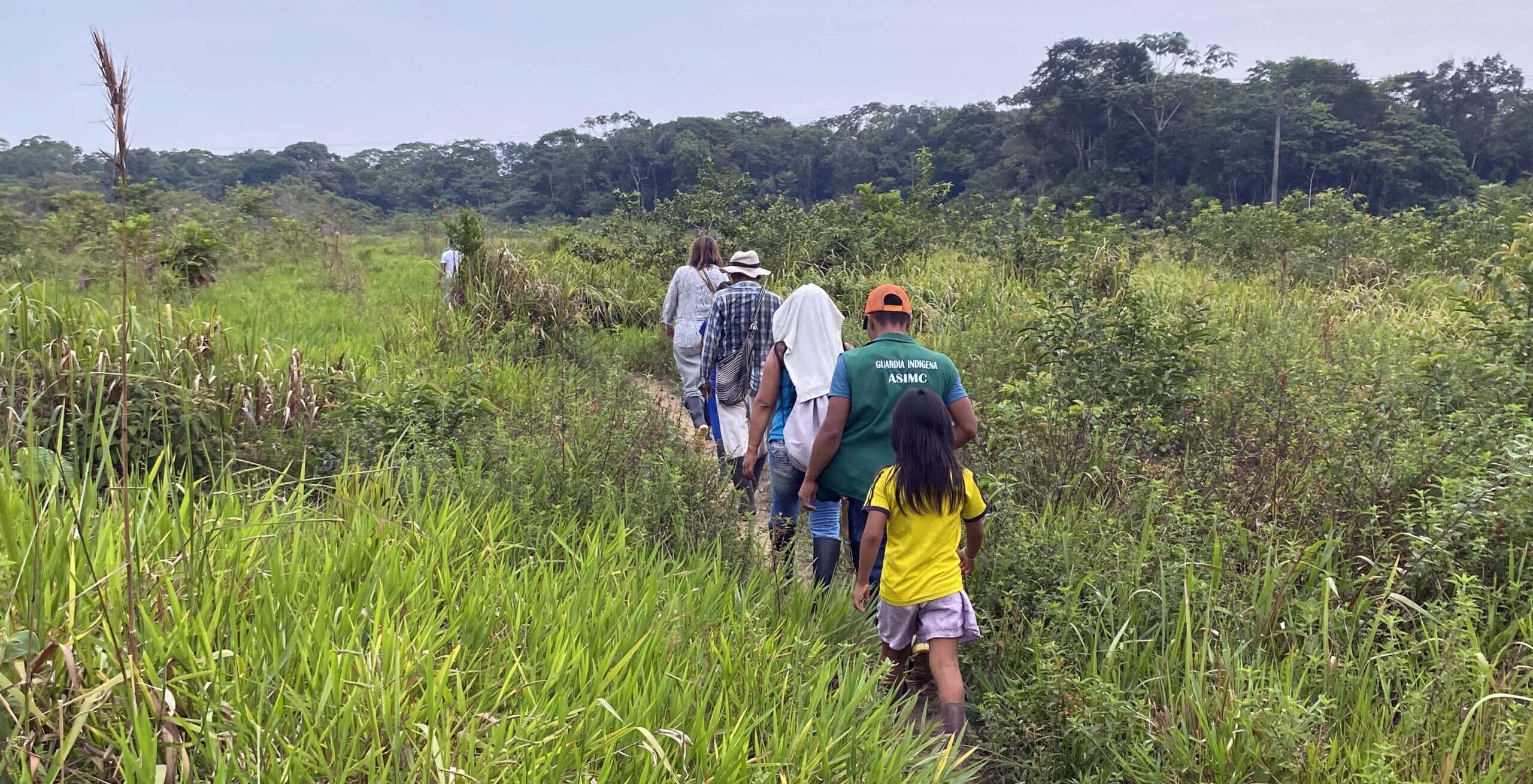
23 July 2025
project
Deploying Diversity for Resilience and Livelihoods
23 July 2025
project
Deploying Diversity for Resilience and Livelihoods
17 June 2025
post
People, Nature, and Resilience: Launching ILWGAWS in Ghana’s Coastal Wetlands
16 May 2025
post
Tropenbos Colombia Establishes Centre for Intercultural Tree Seed Management
24 March 2025
post
Introducing CROSSROADS: Using native plants to restore biodegraded soils in Ethiopia
12 February 2025
event
The GCBC 2025 Research Symposium Open Day
04 February 2025
post
The GCBC Research Grant Competition 3 (RGC3) Concept Note application has CLOSED
14 January 2025
post
Research Grant Competition 2 (RGC2): The GCBC awards £13.4 million in UK ODA grants for research to find nature-based solutions to climate change and poverty reduction
14 January 2025
project
Assessing Carbon Credits as a Sustainable Funding Mechanism for Participatory Forest Management in Tanzania
14 January 2025
project
Biodiversity Science in Support of Community-led Conservation of Threatened Forests in Tompotika, Central Sulawesi: Protecting Biodiversity, Ecosystem Services, and Climate Resilient Local Livelihoods
14 January 2025
project
BREL-Borneo: Benefits of Biodiverse Restoration for Ecosystems and Livelihoods in Borneo